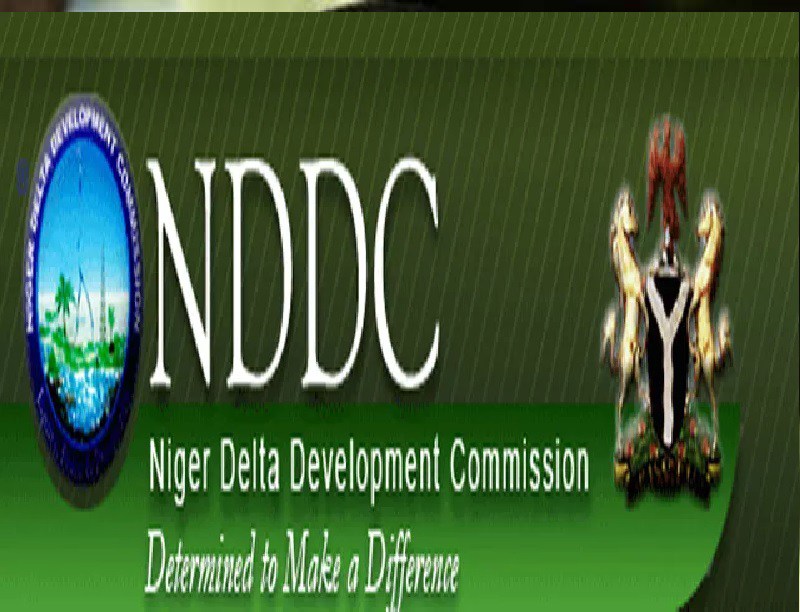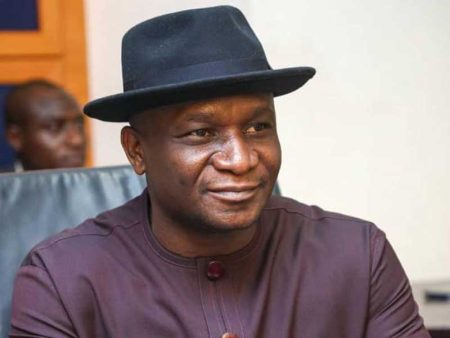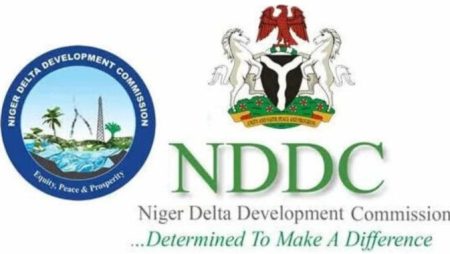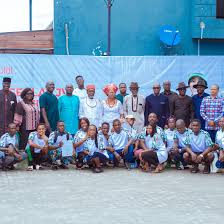 Eunice Imo Kalu
Eunice Imo Kalu
Lagos — The Niger Delta Development Commission, NDDC, is to resume its Free Healthcare Programme which caters to the needs of rural communities, as part of the Commission’s commitment to enhance healthcare delivery to the people of the Niger Delta region.
The Commission’s Director for Education, Health and Social Services, Dr George Uzonwanne, in an interview with newsmen at the NDDC headquarters in Port Harcourt, said that all necessary arrangements had been made to put the programme back on track.
According to him the award and procurement processes for all the medical services have been concluded and the NDDC is hoping to restart the programme towards the end of this month or early in February.
Uzonwanne said: “The Free Healthcare programme used to be the flagship of the Commission. Unfortunately, because of funding challenges, it was suspended for a couple of years. But I am happy and excited to announce that it has been resuscitated by the current Board and Management of the NDDC.
“It is a programme that the people of the Niger Delta region have been waiting for. Many communities have been writing to us, requesting to have a free healthcare programme in their localities. The medical professionals needed for the effective implementation of the free medical outreach are already being mobilised for the programme which would cover the nine NDDC mandate states.”
Uzonwanne said that the NDDC was focused on bringing succour to the people of the Niger Delta region, assuring that the Commission would spare no effort to ensure that the people had access to quality healthcare. In this wise, he said that arrangements had been concluded to distribute drugs and hospital equipment to health institutions in the Niger Delta region.
Speaking on other areas of medical intervention, Uzonwanne remarked that the Commission was providing support grants to the sick and indigent people of the region adding that the NDDC equally supports the training of healthcare workers in its health institutions.
He stated: “One of the health programmes that has taken a life of its own is the medical assistance programme, where we have been treating people, whose ailments could not be handled in the free medical programme or where the affected individuals cannot afford the medical bills.
“In the past, we worked with the private sector, but we are now considering working with government hospitals as well. The whole essence of our intervention in healthcare is to treat indigent people who cannot afford basic healthcare.
“This is one of the intangible and unreported programmes that we undertake in the health sector. We have treated thousands of people but we cannot share people’s healthcare histories or private affairs in the media. Consequently, we don’t get the kind of kudos that we deserve because we try to avoid publicity on such matters.”
Uzonwanne said that the Commission was currently registering indigent people in the Niger Delta region to enable them to have access to healthcare.
He added: “A lot of people do not have access to healthcare because they don’t have the funds and they don’t even know that they can go to a primary healthcare centre to get assistance or access treatment if they are registered.”



